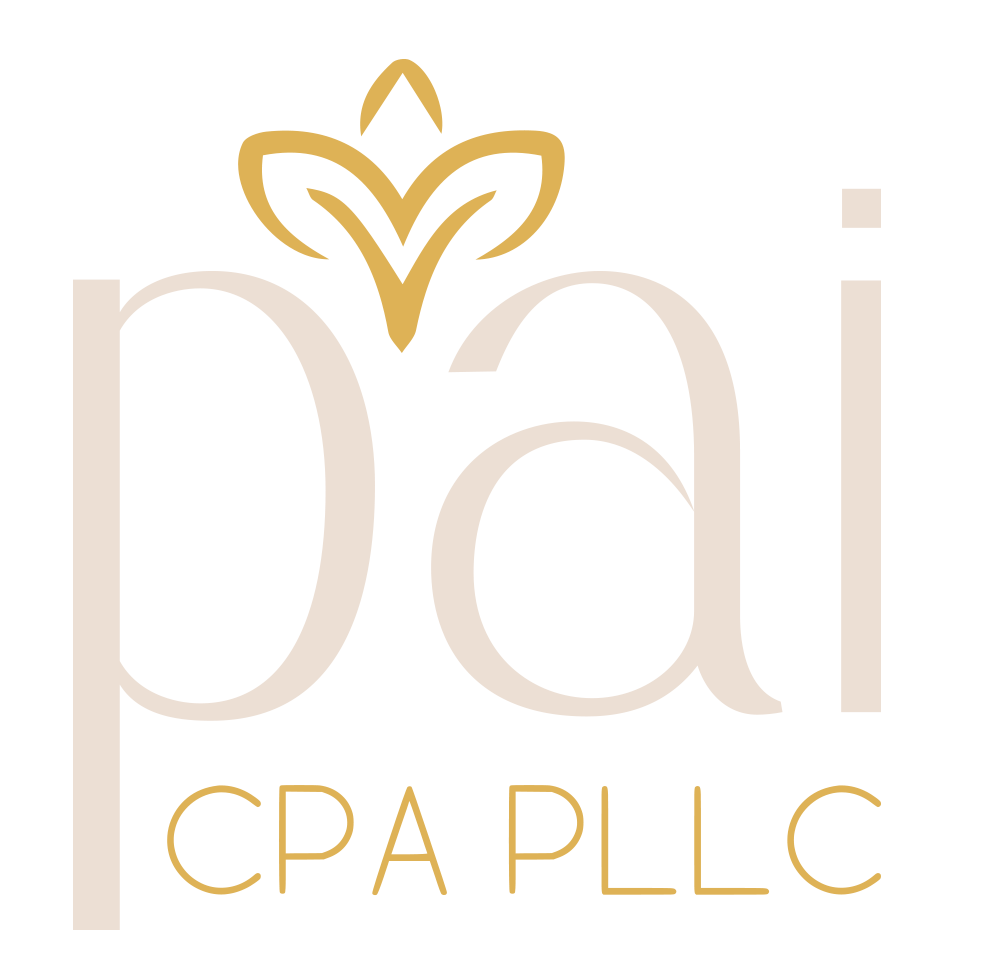Who Gets A 1099?
WHAT IS FORM 1099 AND WHO GETS IT?
DOWNLOAD OUR EASY TO FOLLOW FLOWCHART HERE.
A 1099 is not one form, but a series of forms that report various types of income. For example, Form 1099-INT is used to report interest income, Form 1099-R is used to report distributions from a retirement account, etc. You can read more about the different types of informational returns in the IRS General Instructions for Certain Informational Returns. This article will focus on Form 1099-MISC and 1099-NEC (Nonemployee Compensation).
By Jan 31, businesses are legally required to issue Form 1099-MISC to anyone whom they made payments of:
At least $10 in royalties.
At least $600 in:
Rent / Prizes and awards / Other income payments / Medical and health care payments / Attorney payments
Businesses are required to issue Form 1099-NEC (Nonemployee Compensation) to any nonemployees (independent contractors or freelancers) who you paid at least $600 during the year.
Examples of non-employee compensation for a 1099-NEC are:
Janitorial / Mechanic / Plumber / Social Media manager / Website designer / Photographer / Freelance work
Form 1099-MISC and 1099-NEC detail how much money the business paid the vendor during the year. The IRS uses it to ensure that the revenue reported by the vendor is correct.
In order to issue a 1099 at year end, you will need to collect a W9 form. HERE is a link to download one from the IRS website.
TIP - Best practice is to collect Form W-9s from all vendors before issuing any payments. Requesting a W-9 is a very common practice, and most vendors have the form on file.
WHAT IS FORM W-9?
Form W-9, Request for Taxpayer Identification Number and Certification, is used to collect information from U.S. based contractors (and certify that they are not subject to backup withholding). It requires the vendor to provide:
Legal name and/or business name
Structure of their business (i.e., sole proprietor, corporation, S corporation, LLC, etc.) Mailing address
Taxpayer identification number (Social Security number or Employer Identification number)
For non-U.S. based contractors, collect a FORM W-8BEN
Non-residents are generally subject to a 30% tax on certain U.S. source income, including compensation for their services. However, foreign persons from a country with which the U.S. has an income tax treaty may possible claim a reduced or zero percent withholding rate. To claim treaty benefits, the nonresident alien must provide the U.S. payor with Form W-8BEN certifying their eligibility to do so.
EXCEPTIONS – You may not need to send a 1099 to every vendor you pay during the year. You don’t need to send a 1099 to:
Entities that are structured as corporations, including LLCs that elect to be treated as S or C corporations (which you will not know unless a W9 is collected)
People/businesses that received less than the $600 reporting threshold
People/businesses that you paid by credit card or a third-party payment processor, such as PayPal. Those amounts are reported on a 1099-K issued by the merchant or payment network.
If the foreign contractor is not a U.S. taxpayer, and all of the contracted services were performed outside the U.S., a Form 1099 is not required.
Reimbursements for expenses, such as travel, are NOT included in total amount.
